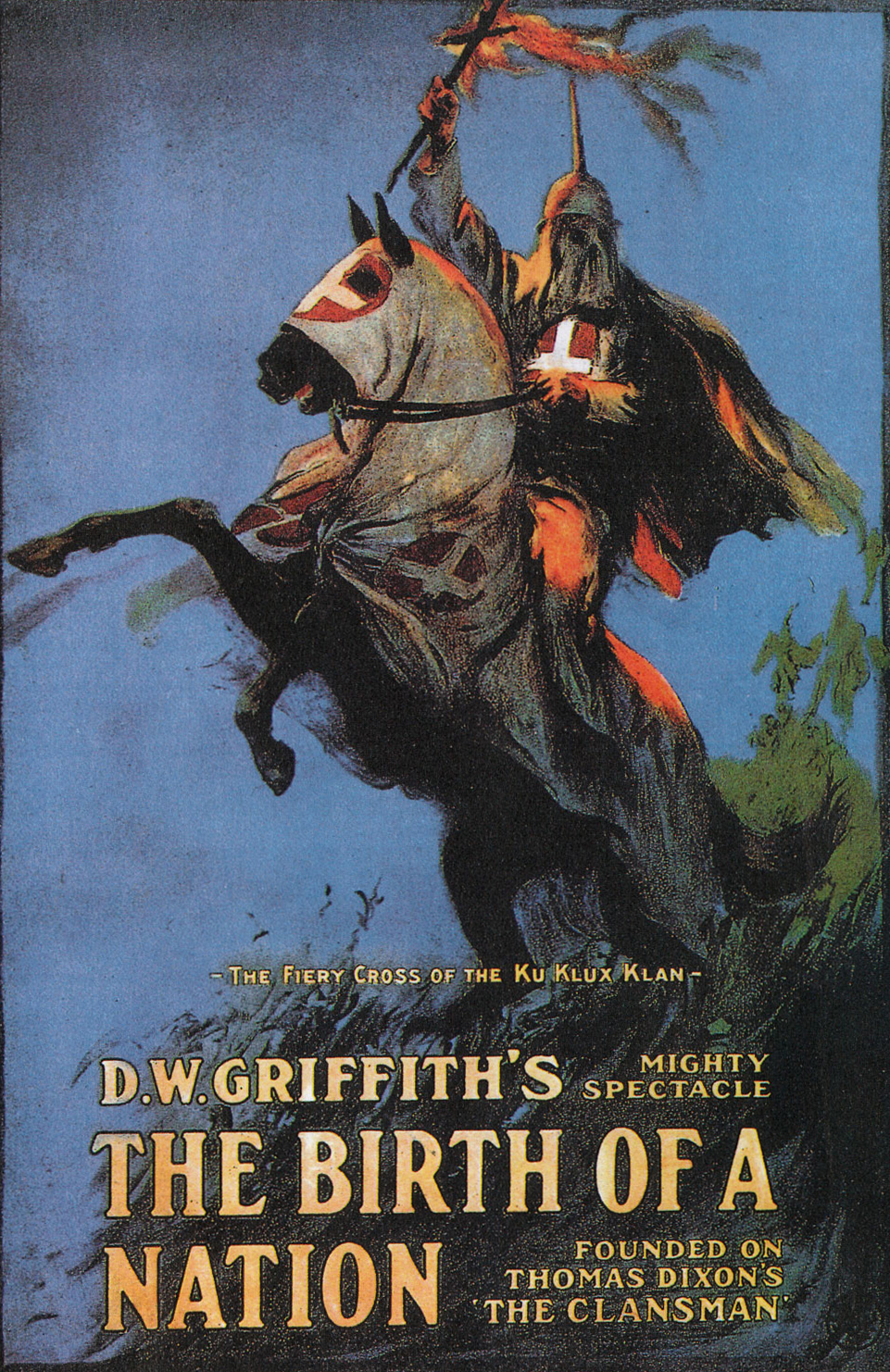The Birth of a Nation (1915)

The Stoneman family finds its friendship with the Camerons affected by the Civil War, both fighting in opposite armies. The development of the war in their lives plays through to Lincoln's assassination and the birth of the Ku Klux Klan.
Director: D.W. Griffith
Writer: Thomas Dixon Jr., D.W. Griffith, Frank E. Woods
Stars: Lillian Gish, Mae Marsh, Henry B. Walthall
Country: The United States
Studio: United Artists
Genre: War
"There was a period in the history of film - a really important and kind of problematic one - when film evolved, from a technical curiosity into a powerful visual storytelling machine."
A spectacle that is and always has been marred in controversy. Even at the time of release it was considered vile propaganda, sparking riots across the United States. Despite this controversy, or perhaps because of it, Birth of a Nation became the highest grossing film in the world and remained there until Gone with the Wind in 1939. It was so popular it revitalized the Klan and anti-immigration movements.
Nation's popularity and commercial generating power signalled to film studios that massive "feature film"1 spectacles were desired by audiences leading to the advent of long-form narrative film in America. Said another way, Birth of a Nation's editing and narrative style became the standard for feature films going forward. The film features many elements that have become mainstays in large American films. Close up shots along side massive military skirmishes, a sprawling story that covers the breadth of the entire country, and a three hour runtime, were just some of these elements.
Overall, it is a cinematic masterpiece that will forever remain the haunting shadow of every American made film since.
1: Feature Film: A film that is long enough to be the principle film in a theatre showing.